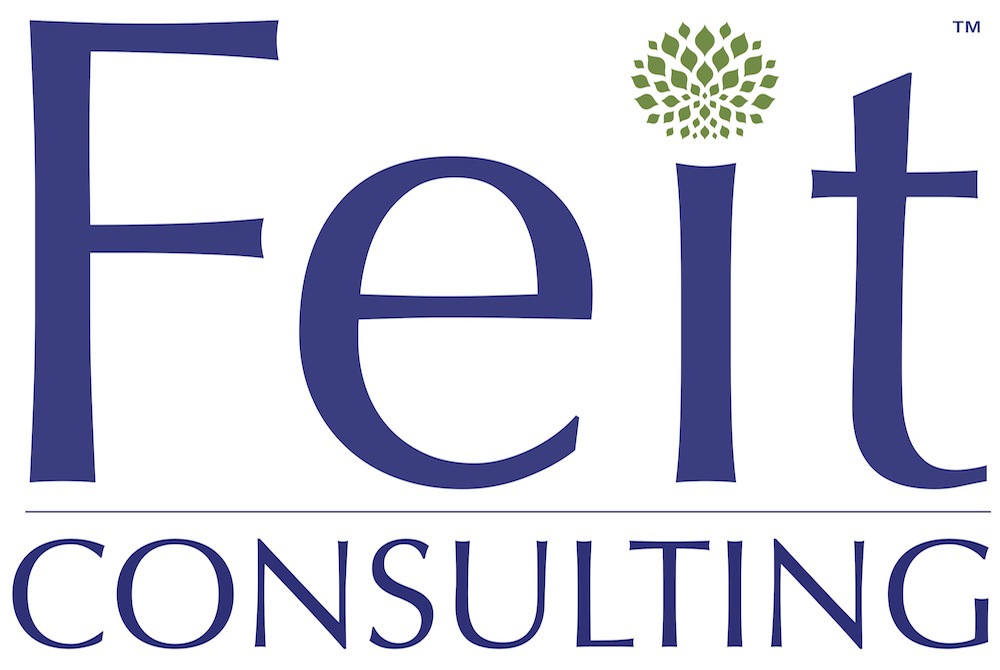
Commoditization of Lexis & Westlaw
By Michael Feit | Sole Provider , White Papers
A product has been commoditized when there is no unique value that distinguishes it from competitors.
More simply put, a commodity is a product that can be substituted by another. Made by different companies, commodity products are similar in quality and results and are viewed as essentially interchangeable.
Even once-innovative products and services ultimately find themselves on the path to commoditization as they mature. Fierce competition motivates products to adopt their rival’s successful features, and therefore become more similar. While there may be preference for one or another, just like that of Coke and Pepsi, unique product benefits become less obvious.
In the world of legal information, Westlaw and Lexis have been and remain the market leaders. Until recently, midsize and large law firms universally believed that Westlaw and Lexis were complementary products. Each vendor had enough demonstrable unique content to support the notion that firms should retain contracts with both, particularly firms with diverse practice groups.
Over time, more firms began eliminating either Westlaw or Lexis, and the sole-provider trend emerged. Today, the percentage of large law firms with just one of these two providers is essentially 50%. The proverbial genie is out of the bottle. The market is demonstrating with its actions that Westlaw and Lexis are rapidly becoming interchangeable. Eliminating a vendor creates a great opportunity for firms to free up a large amount of resources and to enhance their legal information infrastructure with new products.
To quantify the extent and motivation behind the sole-provider trend, Feit Consulting conducted a comprehensive analysis of the entire large law firm market. This report concludes that Westlaw and Lexis are no longer complementary products. Rather, the retention of both of these vendors is an unnecessary luxury that most firms should forego.

